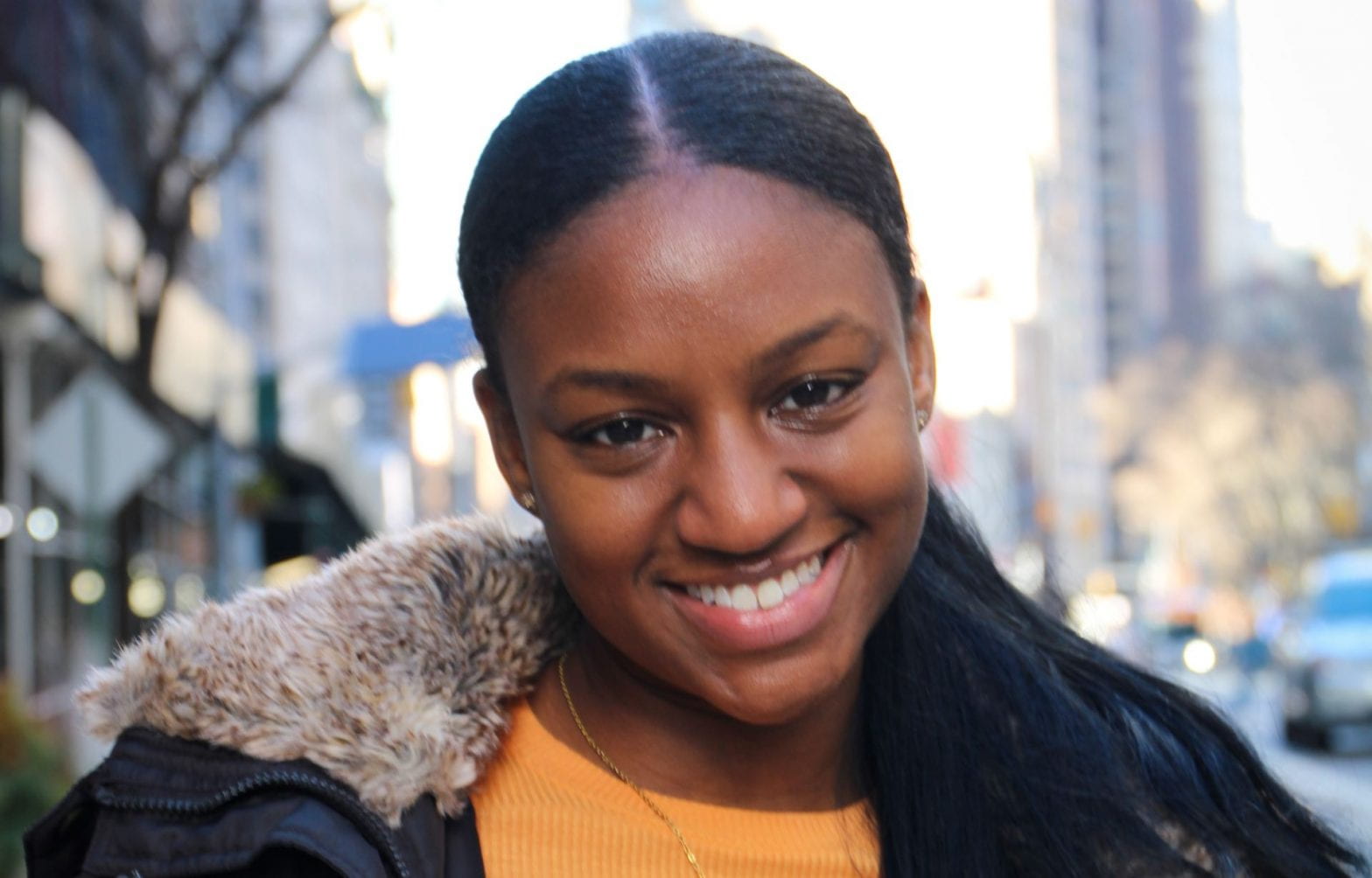What personal journey brought you to your current role?
I came to New Paltz from the Bronx, where I grew up. My parents immigrated to New York from the Dominican Republic. While in High School, I was introduced to race studies by an inspiring teacher, a white woman who understood her privilege. I realized how different my parents’ experience was from that of Irish, Chinese, or African immigrants.
In college, I decided to study Finance and to minor in Black Studies, combining two strong interests, and expanding from there. From the start, I actively explored different types of leadership. I became the Treasurer of the Latin American Student Union as a freshman, and joined the emerging leaders group. I participated in a leadership summer camp, where I discovered my passion for teaching, an area I see myself moving into, as I realize how important dialogue and education are for working through identity and related issues as a society.
What issues or challenges are you confronted with?
I see my main challenge as being visibly black in a world where “white is right.” As a Spanish speaking woman from the Dominican Republic, I struggle with the question of how and where to fit in the Black/African American struggle or story. The identity boxes we create around race, ethnicity, and color are highly problematic and destructive frameworks, and I feel empowered to challenge related stereotypes as part of my journey.
Why do these challenges exist?
I see the media and the current system as the underlying drivers which perpetuate this challenge. We see mostly light-skinned heterosexual groups represented in the media, while black bodies and voices are mostly hidden and silenced, perpetuating pervasive white supremacist ideals and privilege.
What challenges exist in the larger system?
A big challenge I see in the larger system is that education is elitist and fraught with problems. There is a white savior complex at work in K-12 + education. There are not a lot of black teachers out there, so the students don’t have role models that look like them. There is a sense that white teachers “feel bad for these brown kids,” which creates a super uncomfortable and unequal learning environment. In the charter school I attended, I experienced ill intentions together with rigid expectations instead of compassion at school, which at times took the form of behavior charts which forced uniform and restrictive behavior on children and penalized them unequally and for all to see.
What are your most important sources of success and change?
My biggest successes are around the community. I have been able to foster a group of allies and friends I can rely on, who are diverse, and open to learning and unlearning together. A better system from my perspective would definitely need police reform and a shift to community policing to build trust and a sense of home for all communities. In this better system, we come together in community to unlearn and learn together.
Who else needs to be pulled into the conversation?
LGBTQIA elected people and Black Studies folks!
February 2, 2021 in conversation with Andrea Frank
